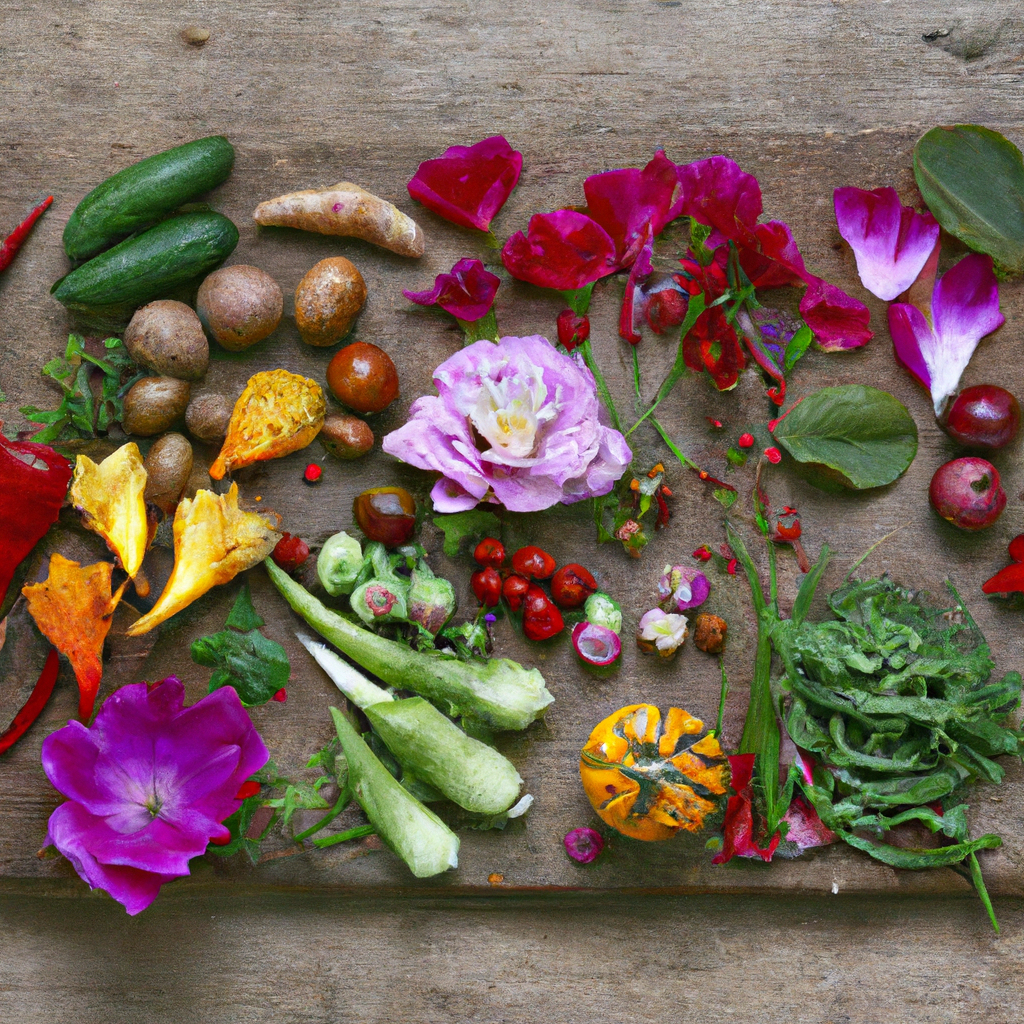
Are you looking to bring some green goodness into your life? Cultivating a garden for sustainable living might just be the perfect project for you! Not only will you be able to grow your own fresh produce, but you’ll also be contributing to a healthier environment and reducing your carbon footprint. Sounds like a win-win, right? Let’s dive into some tips on how you can get started on creating a garden that aligns with sustainable practices.
First things first, it’s essential to plan out your garden space efficiently. Consider factors like sunlight exposure, soil quality, and water accessibility when choosing a location. Opt for a spot that receives ample sunlight throughout the day and ensure that your soil is rich in nutrients. If you’re working with less-than-ideal soil, incorporating compost or organic matter can work wonders in improving its health.
When it comes to plant selection, prioritize native and drought-resistant species. Native plants are adapted to the local environment, requiring less water and maintenance. By opting for drought-resistant varieties, you’ll conserve water resources and reduce the need for frequent watering. Additionally, consider planting a mix of fruits, vegetables, herbs, and flowers to create a diverse and thriving ecosystem within your garden.
To promote sustainable practices, embrace organic gardening methods. Say goodbye to synthetic pesticides and fertilizers, and opt for natural alternatives like neem oil or compost tea. These eco-friendly options not only protect your plants but also safeguard the health of beneficial insects and wildlife in your garden. Embracing organic gardening will nurture a balanced and resilient ecosystem that thrives without harmful chemicals.
Composting is another fantastic way to enhance the sustainability of your garden. Turn your kitchen scraps and yard waste into nutrient-rich compost that will nourish your plants and reduce waste sent to landfills. Creating a compost pile is easy and can be done in a designated bin or corner of your garden. Remember to layer your compost with a mix of green (nitrogen-rich) and brown (carbon-rich) materials to achieve a balanced decomposition process.
Water conservation is a crucial aspect of sustainable gardening. Implement practices like drip irrigation, mulching, and rainwater harvesting to minimize water usage and promote efficient watering. Drip irrigation delivers water directly to the roots of plants, reducing evaporation and runoff. Mulching helps retain soil moisture, suppresses weeds, and enhances soil fertility. Collecting rainwater in barrels can provide a free and sustainable water source to keep your garden thriving.
Incorporating biodiversity into your garden is key to maintaining a healthy and sustainable ecosystem. Encourage pollinators like bees, butterflies, and birds by planting nectar-rich flowers and providing shelter and water sources. Native plants are particularly attractive to local wildlife and play a vital role in supporting biodiversity.
When it comes to pest control, opt for natural solutions that work in harmony with nature. Introducing beneficial insects like ladybugs and praying mantises can help keep pest populations in check without the use of harmful chemicals. Companion planting, which involves pairing mutually beneficial plant combinations, can also deter pests and promote plant health.
As you tend to your garden for sustainable living, remember to practice patience and observe nature’s cycles. Gardening is a journey of learning and adaptation, so embrace the process and enjoy the rewards of your efforts. By creating a garden that prioritizes sustainability, you’re not only enhancing your living space but also contributing positively to the planet. So go ahead, dig in, and nurture your garden with love and care for a greener, more sustainable future.
